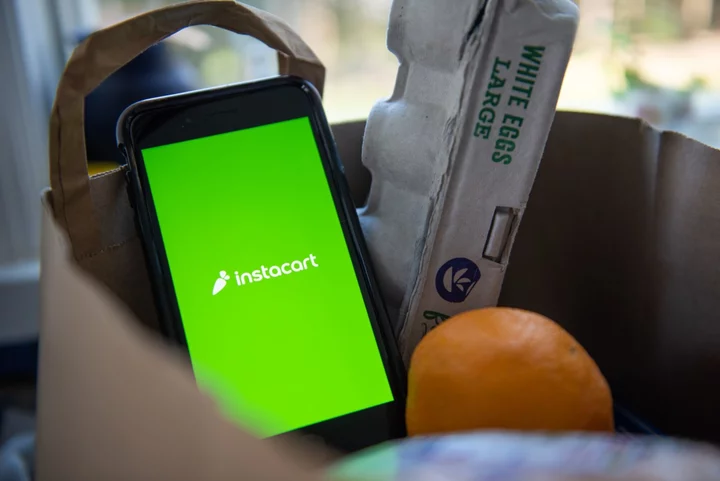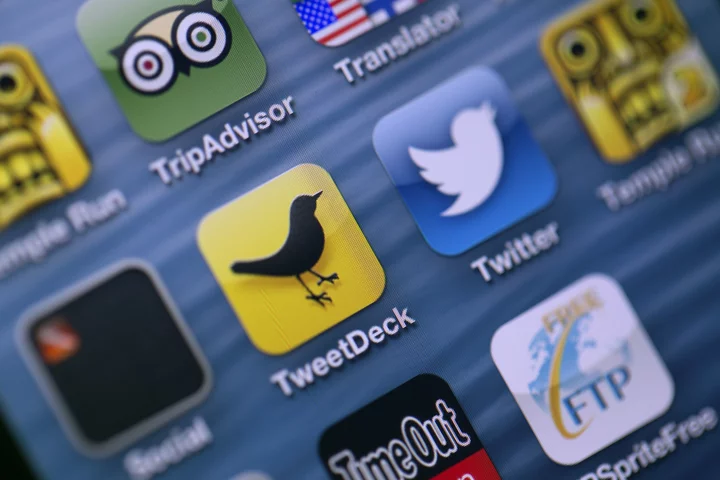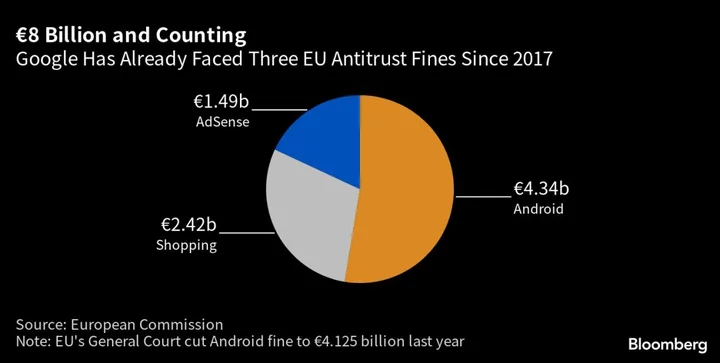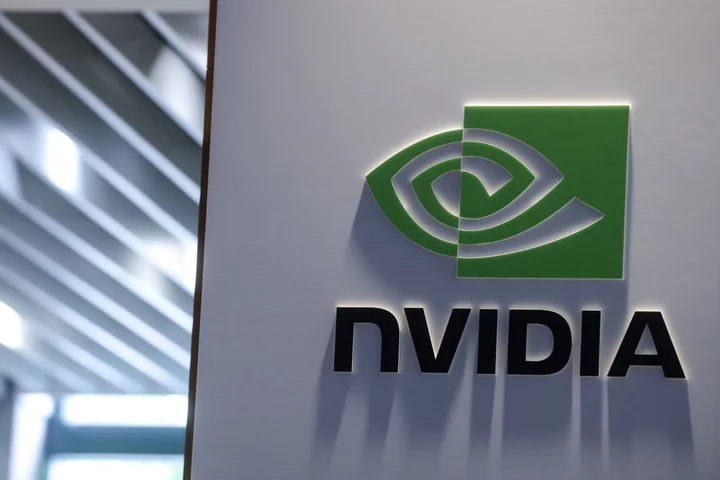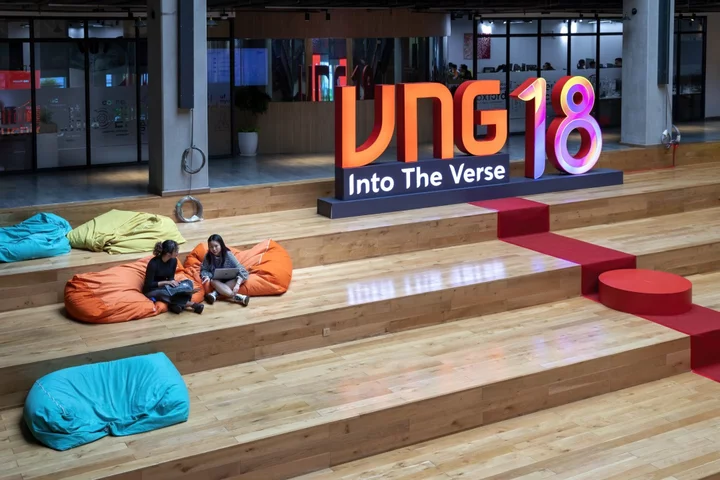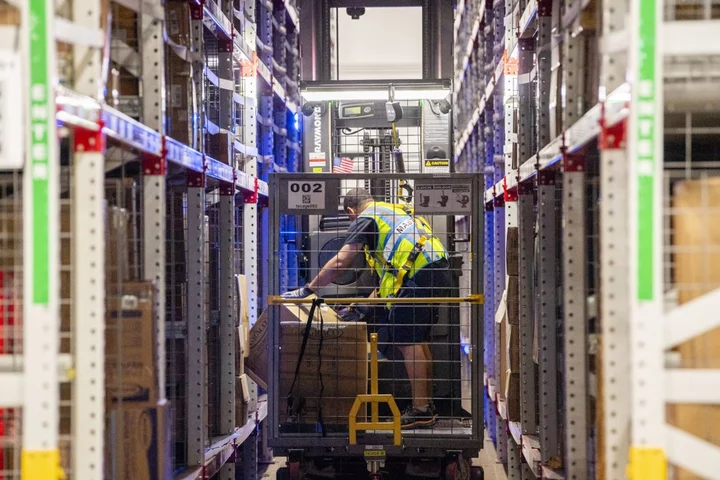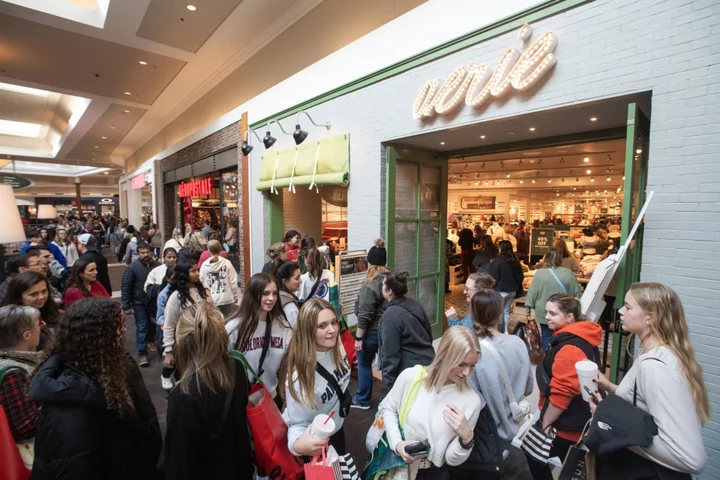Instacart reported better-than-expected earnings in the third quarter, showing modest growth in online grocery orders and assuaging some investor concerns about the health of its underlying business.
In particular, the largest grocery-delivery company in the US beat analyst expectations on two key metrics: number of orders and gross transaction value — the revenue it gets from those orders. Instacart, which is incorporated as Maplebear Inc., also gave financial guidance for the current quarter and full year slightly ahead of projections, a sign that orders will continue to grow and outpace a decline in inflation.
Shares rose 1.8% to $27.74 at 5:06 p.m. in extended trading in New York. They had declined 9.2% since trading began in September as of Wednesday’s close.
The results, Instacart’s first as a public company, show there is still appetite for the premium that comes with online grocery delivery, which has become a test for consumer budgets as shoppers have returned to stores. They also follow strong earnings from competitors DoorDash Inc. and Uber Technologies Inc. that signaled increased delivery spending in the third quarter.
“We are confident in our position, even as several macroeconomic factors work against the online grocery industry,” Chief Executive Officer Fidji Simo said in a letter to shareholders Wednesday alongside the company’s results, which included the announcement of a $500 million share buyback program.
Instacart posted adjusted earnings, minus some figures, of $163 million for the three months ended Sept. 30, citing fulfillment efficiencies and strong advertising performance. This was far ahead of the consensus view of $119.5 million. The company also anticipates an adjusted earnings of $165 million to $175 million during the fourth quarter, ahead of estimates.
The San Francisco-based company said transaction value from its longer-term users, described as those who have been on the app since before 2021, collectively declined during the quarter compared to a year ago, but that decline was more than offset by “new customer activations.”
Since going public, Instacart has pitched investors on the strength of its growing high-margin ads business, which brought in a better-than-expected $222 million revenue for the quarter. Still, it’ll have to prove that it can sustain a re-acceleration in order growth that does not make it over-reliant on advertising and enterprise offerings. The health of Instacart’s core business of pairing consumers with independent contractors to do their grocery shopping is still key to its success, and the majority of its sales.
“Advertising is going to continue to be a big driver, but it’s not the only one,” Simo said in an interview Wednesday. “You are also seeing strength in transaction revenue. And that’s driven both by order growth that’s re-accelerating but also by fulfillment efficiencies.”
Gross transaction value for the third quarter jumped 5.8% from the previous quarter to $7.49 billion, compared to the average analyst estimate of $7.42 billion. Orders grew 3.4% to 66.2 million. Instacart reported a bigger-than-expected net loss on a GAAP basis of $2 billion, primarily driven by the $2.6 billion of stock-based compensation expense from its initial public offering.
The delivery market has also become more competitive with rivals DoorDash and Uber gaining more share in smaller-ticket purchases. Both have also rolled out ads businesses, pitching themselves as data powerhouses that are able to sell targeted ads based on user behavior data on their app, and are jockeying to get consumer brands and retail stores that list their items on their apps to spend marketing dollars on their platforms.
(Updates with shares in third paragraph, CEO comment in ninth paragraph and additional details throughout)

